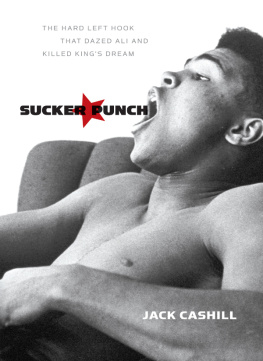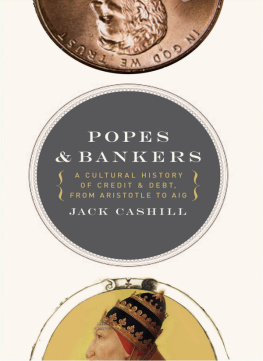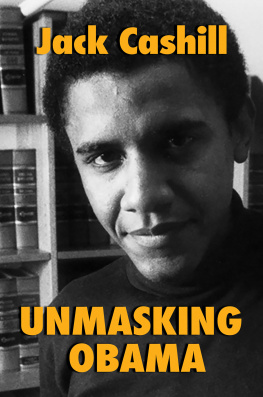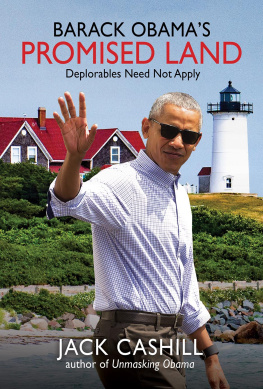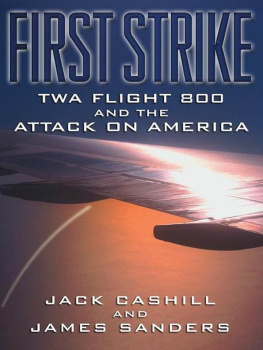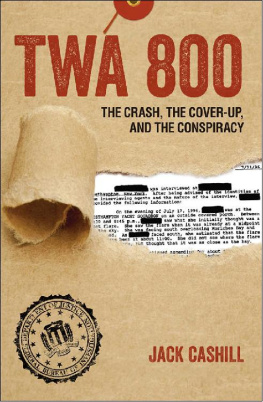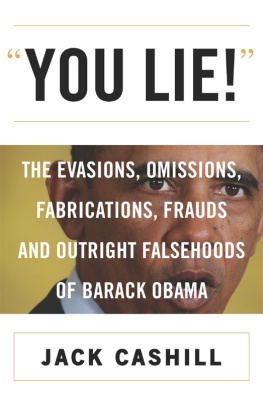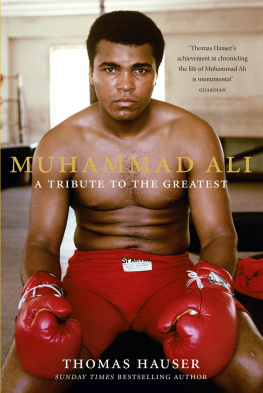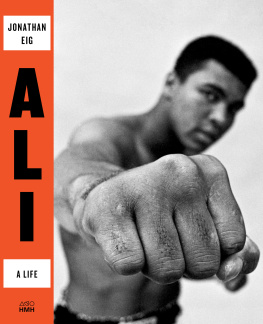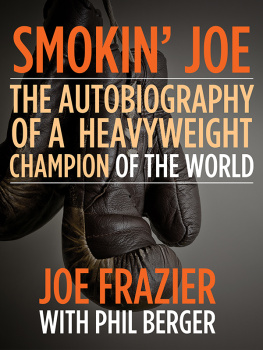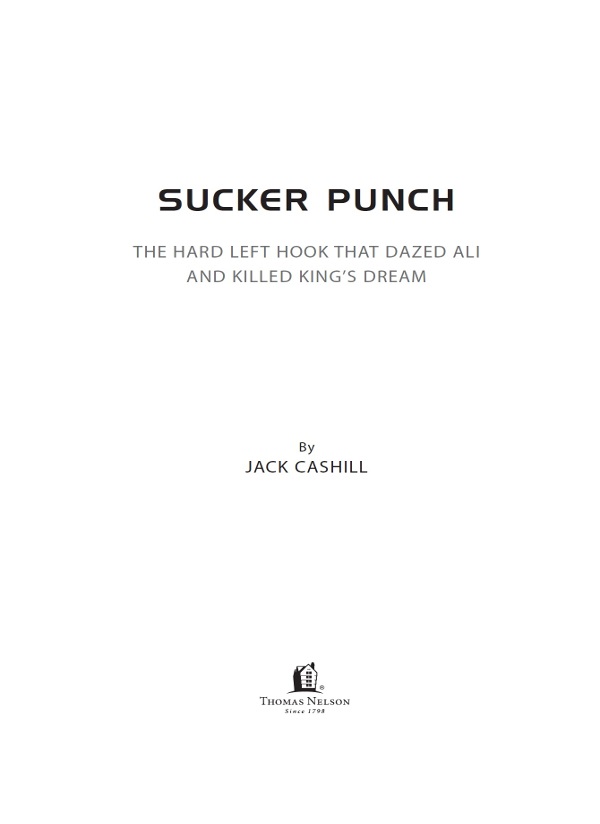Jack Cashill - Sucker Punch: The Hard Left Hook That Dazed Ali and Killed Kings Dream
Here you can read online Jack Cashill - Sucker Punch: The Hard Left Hook That Dazed Ali and Killed Kings Dream full text of the book (entire story) in english for free. Download pdf and epub, get meaning, cover and reviews about this ebook. year: 2006, publisher: Thomas Nelson, genre: Detective and thriller. Description of the work, (preface) as well as reviews are available. Best literature library LitArk.com created for fans of good reading and offers a wide selection of genres:
Romance novel
Science fiction
Adventure
Detective
Science
History
Home and family
Prose
Art
Politics
Computer
Non-fiction
Religion
Business
Children
Humor
Choose a favorite category and find really read worthwhile books. Enjoy immersion in the world of imagination, feel the emotions of the characters or learn something new for yourself, make an fascinating discovery.
- Book:Sucker Punch: The Hard Left Hook That Dazed Ali and Killed Kings Dream
- Author:
- Publisher:Thomas Nelson
- Genre:
- Year:2006
- Rating:3 / 5
- Favourites:Add to favourites
- Your mark:
Sucker Punch: The Hard Left Hook That Dazed Ali and Killed Kings Dream: summary, description and annotation
We offer to read an annotation, description, summary or preface (depends on what the author of the book "Sucker Punch: The Hard Left Hook That Dazed Ali and Killed Kings Dream" wrote himself). If you haven't found the necessary information about the book — write in the comments, we will try to find it.
Everything that he has done
was against this country.
Joe Frazier on Muhammad Ali
Part man, part myth, and all American, Muhammad Ali is historys most beloved, most revered athlete. But though he was The Greatest inside the ring, outside he was a hulking mass of contradictions.
This book is the first comprehensive, pull-no-punches account of Americas least likely icon. Jack Cashill explores the changing mores and racial dynamics of the sixties alongside Alis epic battles in the ring. What Ali did, great or otherwise, was to channel the spirit of his age. . . . He captured the ethos of that decade all too well. It wasnt pretty. I was there, and I know what I saw.
Cashill reveals how Elijah Muhammad seduced Aliand how that seduction spelled the betrayal of Dr. Kings dream, the death of Malcolm X, the humiliation of Joe Frazier, the rise of Don King, and the tragic undoing of Mike Tysonand proves that:
Ali was an unapologetic sexist and unabashed racist, calling for the lynching of interracial couples and an American apartheid as late as 1975.
Ali routinely denigrated black heroes who did not share his point of view, including Joe Louis, Jackie Robinson, Thurgood Marshall, and especially Joe Frazier.
Ali shamelessly courted some of the most brutal dictators on the planet: Qadaffi, Idi Amin, Papa Doc Duvalier, Nkrumah, Mobutu, and Ferdinand Marcos.
With unusual sympathy and unflinching insight, Cashill assesses Alis boxing conquests and political influence. He shows how the very figure who could have brought Americas diverse people together when it mattered, instead tore them apart.
Jack Cashill has written and directed The Holocaust through Our Own Eyes, The Soul of the West and the Emmy-Award winning The Royal Years among other documentaries for regional PBS and national cable channels. Cashill has a Ph.D. in American studies from Purdue and has been published in the Wall Street Journal, Washington Post, Fortune, Weekly Standard, WorldNetDaily, and Ingrams, where he serves as executive editor. He is also the author of First Strike, Ron Browns Body, and Hoodwinked: How Intellectual Hucksters Have Hijacked American Culture.
Jack Cashill: author's other books
Who wrote Sucker Punch: The Hard Left Hook That Dazed Ali and Killed Kings Dream? Find out the surname, the name of the author of the book and a list of all author's works by series.

